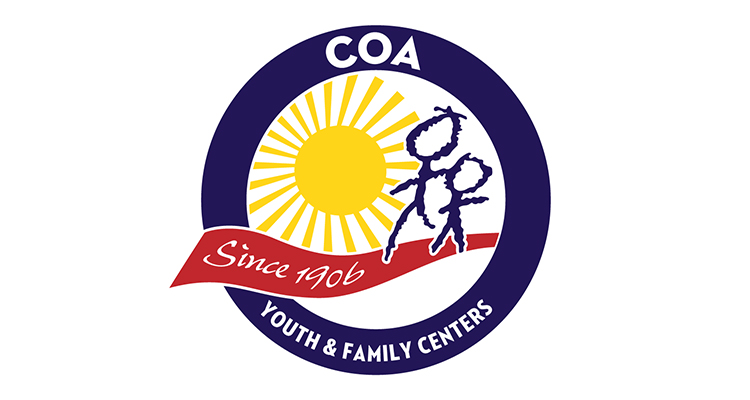Friday night, 10 Milwaukee music projects will take the stage at Turner Hall to take on the unique and difficult task of adapting a set completely made up of another local act’s material. Our third annual Local Coverage concert is an interesting way to see some of your favorite area acts as you never have before and you never will again. Even better than the evening of awesome and unorthodox entertainment is the fact that all proceeds the show raises will be split evenly between Girls Rock Milwaukee and COA Youth & Family Centers. To make this event and its beneficial angle possible, all musicians are generously donating their time and talent to the show.
The show carries a little extra meaning for one of the Local Coverage participants. For close to three years, Cameron Henderson—who raps under the name Lorde Fredd33—has been a Teen Group Leader at COA’s Holton Center (510 E. Burleigh Street). Before Friday’s show, Milwaukee Record asked Henderson to give us some background on the organization, tell us about what he does, and explain why supporting teens is crucial.
Milwaukee Record: What was your history with the organization? Were you a member of it when you were younger or did you get exposed to it when you started working there?
Cameron Henderson: Well, I was never a part of COA. I went straight into working with them as a Teen Group Leader. It’s been close to three years now. I’m a mentor, I do programming, I create my own programming as well as delivering other quality programs that are tied more to funding. There’s a program called Transitions, and one is geared toward middle schoolers and one geared toward high schoolers to help transition from teenage to young adulthood.
MR: How have you made the position your own?
CH: It’s combining your voice, your outlook on things, and utilizing your talents to deliver an example. First and foremost, you set an example of how you live and how you do things, how you talk to people. You start off by being a living example, and being completely honest and transparent. You have to be there and be yourself around them to earn that trust.
I oversee some music programming that’s going on there that Q The Sun is involved with. So I stop in the studio and give the kids pointers on recording and breathing. I make it my own in that way. I bring in the music aspect and my knowledge of it, no matter how limited it is.
MR: You mentioned the music area, but there’s also a small library and place to study, a basketball court, a computer lab. But where do you think the areas of need are?
CH: There are things as small as having art supplies on hand, having the right instructional manuals for things like the sewing machines, having somebody to come in and provide unique programming that the kids actually vocalize that they want. We may not be able to do that with the more limited funding.
MR: And most of that funding is just tied up in operational expenses.
CH: There’s nothing like new money to help fuel new life into a non-profit. At least that’s how I see it. What we do with the money, it will remain to be seen because we’re constantly developing new needs. So we’re going to put it towards whatever the kids need and want.
MR: And what makes the teenage years especially important to support? Is that group ignored because people are more focused on children being our future?
CH: The teen program could use a lot more help, financially speaking. The pre-teen program doesn’t have a problem with numbers. They have a constant and consistent flow and consistent numbers. But these teens, they have different needs. They’re about to be adults, so they need just a little more attention.
Naturally, you invest more into the younger groups because they’re the future so to speak, but I think we have a teen program because that’s a very tender age that either makes or breaks a person. When it comes to behavior patterns, things really set in when you’re a teenager. So if you don’t get stopped when they’re going too far to the left or right, then they could step off the deep end. They can end up in jail. They can end up dead out here. They can end up lost in the world. These teens are on their own a lot of the day, so when they come to us, it’s nice to have a safe space, if that’s all they have. They want something else, and we can’t afford to give them anything else. We have to be able to reach them, and in order to reach them, we need a little bit more money.
MR: Yeah, and you never know what this extra outlet could mean to someone. There might be an at-risk youth who, if they happen up either basketball or computers or music, that might be the thing that keeps them from going off that deep end. This is a vague way to end, but why is this important? Both the organization and the age group.
CH: COA Youth & Family Centers is important for the same reason any community center is. It’s should be an attraction for kids because they’re our future. We have to take care of tomorrow. It’s as simple as that.
You can help take COA Youth & Family Centers by attending Local Coverage at Turner Hall on Friday, January 13. All proceeds will be split evenly between COA’s Holton teen program and Girls Rock Milwaukee. Can’t make the show? You can donate to COA HERE.

